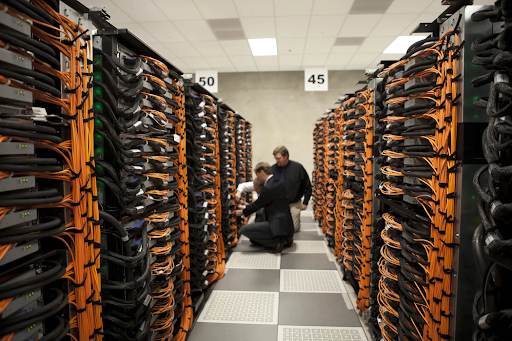
If you’re reading this article, it’s because you’ve probably come up against the limitations of your current hosting provider and their hardware. You might be operating at a fraction of your potential capacity or even experiencing downtime. Either way, you know that something has to change.
But before you make any big decisions about where to host your server, consider this: the features offered by bare metal servers are not only more powerful but will provide both your company and its customers with faster performance, more security, and increased reliability.
Here are some benefits you might enjoy after making this switch in 2021
1) Always Up and Running
While cloud computing can sometimes be a little erratic, the maintenance and support is more manageable with high performance bare metal servers. This also benefits your business in a major way because there are no cloud servers to upgrade.
A bare metal server is always up and running, thus ensuring you have the applications that are using your resources running at the correct times, with proper allocation to necessary tasks.
2) Highly customizable hardware configurations
Do you need to have more RAM on a server? More GPU power for graphics and video editing? Get a bare metal server and you can have as much RAM as you need. The hardware configuration is entirely up to you.
When your IT team is able to directly upgrade your servers, instead of relying on a cloud host, these tasks are performed at a much faster rate, freeing up valuable productivity time.
3) Deploy cloud technology with hypervisors
There are several hypervisors that can be deployed on a bare metal server. A hypervisor is a virtual machine management and configuration tool. A hypervisor allows you to build the necessary containers for your applications.
The native operating systems that are in the hypervisor take care of the low-level requirements, such as software loading and updates, and more. Thus, the virtualization software you need deployed to your remote workers can be deployed through a hypervisor.
4) Root administration access on your servers
With a cloud service provider, you are not in control of the servers. You can ask your cloud provider to update your machine and give some rudimentary technical support, but overall, you get what you get.
A bare metal server means you have total root access on your servers. You are in complete control of the hierarchy tree, which means security and data privacy can be much more closely monitored. Data privacy is a major concern for companies using cloud platforms, and with bare metal servers, that’s a problem you no longer have.
5) Cost predictability
Overall, the cost of bare metal servers is much more predictable than that of a cloud server. Cloud providers tend to bill you based on usage, which sounds great on paper. Pay for what you utilize, right? The problem here is surcharges, monitoring fees, storage fees, etc. There are a lot of hidden costs with cloud providers, especially when you’re deploying virtualization to a remote workforce.
But with bare metal servers, you can make accurate estimations of your costs. If you use bare metal servers and you have the bandwidth to handle the traffic, you know exactly how much you need to budget.
It’s like setting up your books. You can make a lot of progress with forecasting your future costs. If you can accurately forecast your server maintenance costs, you’ll be able to make adjustments and increase your bottom-line profits.
Conclusion
One of the biggest benefits of a bare metal server deployment is the performance. If you’re like most companies, your servers are your critical systems, and when your servers perform poorly your company struggles.
Making the switch to bare metal will allow your IT department to monitor your servers and optimize performance.
